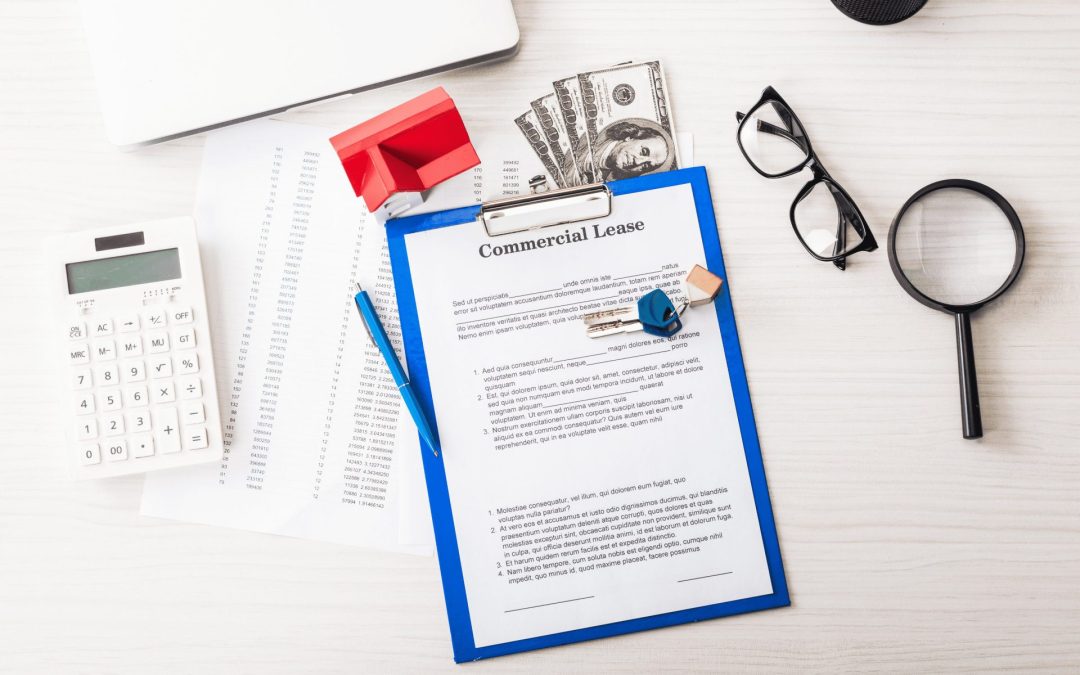Also referred to as a “business lease” or a “commercial property lease,” commercial lease agreements are legally binding agreements established between a landlord (lessor) and a tenant (lessee).
Generally, this type of contract is more complex than residential leases, which requires superior legal expertise to avoid potential disputes. In this article, you will discover the requirements for commercial leases in Florida.
Florida Commercial Lease Requirements – Full Walkthrough
Handling the Negotiation Process
An often overlooked aspect of commercial lease agreements is the negotiation process. This is the stage where both parties must show what they have to bring to the table and identify whether they have a promising deal ahead.
There are several aspects to be considered in this process, such as:
- Whether the lessee’s brand can bring added benefits to the lessor (e.g., prestigious brand, robust reputation, etc.)
- The lessee’s credit history
- The intended length of the lease agreement
- The space required by the lessee’s operational needs
- Whether the needed amount of space is available
- Whether the property is owned by an individual or a corporation
Renewal rights, rental rates, expansion rates, and other factors are also important elements in this process.
Defining the Contractual Terms
When drafting the commercial lease agreement, the parties involved must take the necessary steps to protect their interests while ensuring both are fully aware of their duties. Some of the crucial terms include:
- The amount of rent to be paid by the lessee (base amount plus any additional charges and scheduled increases)
- Whether the lessor or lessee will fully or partially cover operational expenses
- A description of the premises being leased under the contract
- The term of the lease (i.e., the period the property will remain under the lease contract)
- Payment of security deposit
- Whether the lessor is willing to spend to renovate the premises
- The lessee’s intended use of the commercial space
- The existence of exclusive use provisions
- The lessee’s ability to assign or sublet the premises
- Renewal rights
- Expansion rights
- HVAC costs & responsibilities
- Relevant policies on alterations
- Whether there is a possibility to abate rent in case of interrupted use of premises
- Conditions and requirements for early lease termination
- Any required warranties
Ensuring Proper Execution
Florida law establishes specific statutory regulations to ensure the validity of commercial lease agreements. Even though oral lease contracts can be enforced within state jurisdiction, this type of agreement has far more restrictions than benefits.
It is worth noting that oral leases are only enforceable in Florida if the term of the lease is less than one year. However, the hardship to prove each party’s rights and duties under this type of agreement makes it a bad choice.
Any lease agreement with a period superior to one year must be in writing. Since late June 2020, lease contracts with more than one year of duration no longer require the signature of both parties in the presence of two subscribing witnesses.
Also, Florida commercial lease agreements require no notarization. If the parties decide to record the lease in public records, it will be notarized, but it does not affect the effectiveness of the contract.
Florida Commercial Lease Requirements – Immediately Contact Attorney Romy B. Jurado
Waste no time with uncertainty. Contact Attorney Romy B. Jurado today by calling (305) 921-0976 or emailing [email protected] for an individual consultation.





